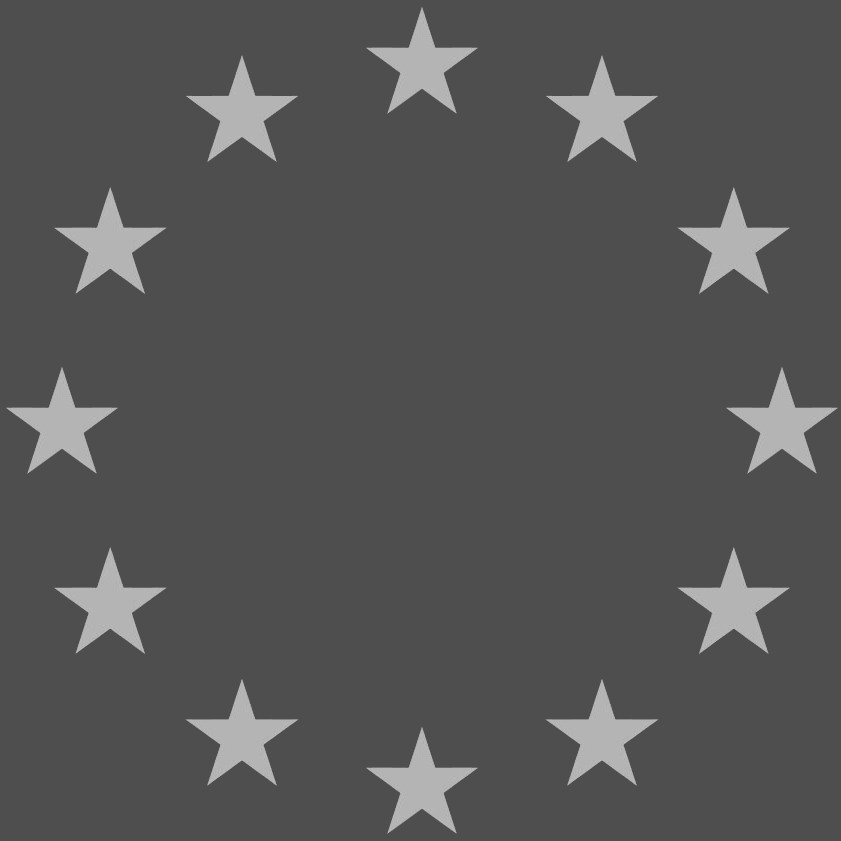SOLID’R – the Social Economy label
Solid’R is a European collective mark that guarantees that companies comply with strict principles of governance and organisation of their activities. As part of a third sector, different from capital or public management, social enterprises holding the Solid’R brand conduct their economic activities in compliance with four main principles of the Social Economy.

SOLID’R – the Social Economy label
Solid’R is a European collective mark that guarantees that companies comply with strict principles of governance and organisation of their activities. As part of a third sector, different from capital or public management, social enterprises holding the Solid’R brand conduct their economic activities in compliance with four main principles of the Social Economy.

The primacy of people and labour over capital in the distribution of income
This fundamental principle of the social economy determines that the income created by the company can only be allocated to capital (through the payment of dividends, for example) within very strict limits. Almost all of the income must be used for the company’s activity, i.e. investment in work and the development of people, whether in terms of salary or funds allocated for training, well-being at work, etc.
The democratic decision-making process
The democratic management process ensures that all workers are involved in the strategic decision-making processes and organization of the company. More than formal, this principle must be achieved through the training of workers in decision-making, which implies dedicated training hours.
Voluntary and Open Membership
No restrictions may be applied to the admission of an associate or staff member for political, philosophical or religious reasons.
Reconciling the interests of members and users, on the one hand, and the general interest, on the other
Compliance with social, tax and environmental legislation
Defending and applying the principles of solidarity and responsibility
Ensuring that the activities carried out are carried out in such a way that workers are responsible for their tasks and are encouraged to show solidarity with their colleagues.
Management autonomy
Management autonomy consists of giving the company control over its organization and strategic decisions to carry out its activities. This means that the company cannot be owned by a majority shareholder, whether public or private.
The purpose of service to the community or to the members, rather than the purpose of profit
The social economy enterprise conducts its activities in a manner that serves the community or its members. Economic activities therefore serve to support a collective social and economic project assigned to these effects rather than to pure financial profit.

Operation
The 7 criteria of the SEE charter are verified each year by an independent auditor who then formalizes the result of the audit with a certificate.
This independent audit and certification mechanism has been put in place to ensure objective and impartial data processing.




